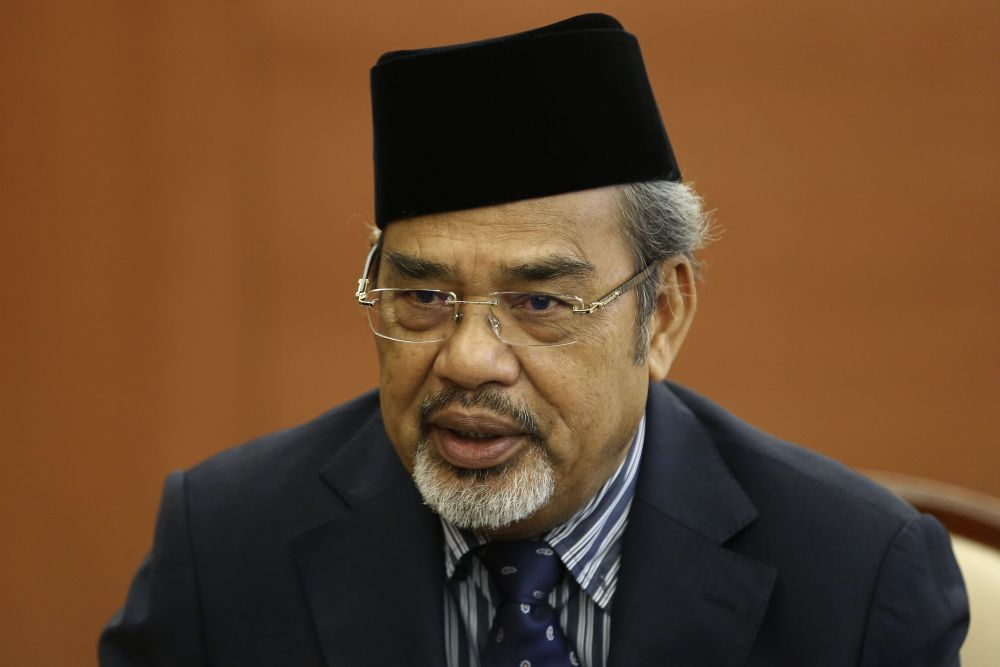Tajuddin Claims Malaysian Meat Cartels Are A Monopoly That Bully Smaller Local Businesses
He said the meat cartels' huge influence enabled them to prevent Bumiputera companies from thriving.
Former deputy agriculture minister Datuk Seri Tajuddin Abdul Rahman has revealed that not only do meat cartels exist, they are also run by non-Bumiputera companies
Speaking to Free Malaysia Today, Tajuddin — who served the ministry between 2013 and 2018 during the Barisan Nasional administration — said the cartels have been in operation for decades and they refused to share the billion-ringgit industry with Bumiputera companies.
While he was in power, he tried to break up the cartels' monopoly control so that imported meat would not go to only two to three non-Bumiputera companies.
To achieve that, Tajuddin tried setting up new arrangements with companies in India to supply meat to Bumiputera companies.
"Meat cartels exist. These companies control the export market from India and Australia, and if there are new players they will undercut the price or do all sorts of things to keep the monopoly," said the Pasir Salak Member of Parliament (MP).
"The monopoly allows them to control the price of the meat."
Former deputy agriculture minister Datuk Seri Tajuddin Abdul Rahman.
Image via Yusof Mat Isa/Malay MailIn the past, he requested the Department of Islamic Development Malaysia (JAKIM) and the Department Of Veterinary Services to hire more officers to monitor the halal standards in those companies
However, Tajuddin said he is unsure if the Pakatan Harapan (PH) government followed through with his suggestion after BN lost the 14th General Election (GE14).
He explained that local and foreign cartels had a collusive working relationship that prevented new players from thriving in the market, which was why he started working with new suppliers in India.
Tajuddin added that although he is aware that the cartels are the monopoly in the industry, he did not know the imported meat was mixed with non-halal meat and being passed off as halal to the local markets until the issue was exposed by the media last month.
A report by New Straits Times published yesterday, 24 January, also highlighted the problem, alleging that local meat cartels would go to the extent of "bullying" Bumiputera competitors by conspiring with the overseas cartels to manipulate the prices.
It is learnt that local meat cartels played the numbers game with Bumiputera companies in order to cramp down their profitability and ensure they suffer losses.
To resolve the issue, the Malaysia Halal Council has been reinstated, with Prime Minister Tan Sri Muhyiddin Yassin temporarily chairing the council
According to New Straits Times, the council was previously abolished under the PH administration. Before its shutdown, the council was usually chaired by the Deputy Prime Minister of that time.
As of today, the Malaysian Anti-Corruption Commission (MACC) has arrested 11 individuals connected to the scandal.
Among them, five suspects are Department of Malaysian Quarantine Inspection Services officers, one delivery agent, and several directors and employees from two importing companies.


